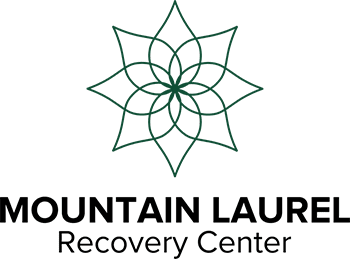
Benefits of Meditation in Recovery
Since meditation can take your focus off of negative thoughts and feelings, it can be used to manage and reduce cravings for drugs or alcohol. It has other benefits as well as, such as:
- Emotional balance
- Improved mental clarity
- Decreased pain
- Improved mood
- Reduced anxiety and depression
- Improved sleep
Meditation is valuable for recovery in other ways, too. Cravings and, ultimately, relapse, are often caused by random thoughts that enter the mind and then get stuck there. Meditating is a way to address those thoughts, observe the feelings they create, and then let them go.
While it takes time and practice, meditation eventually helps you understand that you have more power over your thoughts and feelings than you realize.
Types of Meditation Techniques
Meditation can be used in recovery to help curb cravings and prevent relapse by calming the mind and bringing attention to the present moment. A variety of techniques can be used: try different ones to find out what works best for you. Some types of meditation techniques are:
- Breathing. Focusing on each inhale and exhale brings your attention to the present moment. Breathe naturally, and observe each breath. When the mind wanders, return your attention to the breath.
- Mantra. A mantra is a word or phrase that can be used to aid concentration. Using a mantra, either out loud or silently, with the breath can help keep the attention focused. For example, you might say or think the word “peace” on each exhale. Or you can try more detailed phrases.
- Movement. Using movement such as yoga or physical exercise can bring your focus to your body as it moves. As you go through various poses and focus on your movement and breath, your mind can focus and be in the present moment.
- Guided. If you are unable to meditate on your own, consider a guided meditation. A trained teacher will guide you through the process. Guided meditation can be done in person or by listening to a recorded meditation class. The online resource Headspace or apps like Calm can guide you through meditation whenever you feel the need.
- Reflection. Reflection is a technique that can be used to promote self-awareness. It involves pondering specific questions to gain insight on your inner thoughts and feelings and, in return, find healing.
- Sound. Meditation using sounds focuses your awareness on a specific sound in order to calm the mind and body. This technique promotes wellness and relaxation. Sounds can come from vibrations using gongs, bowls, or musical instruments.
Meditation can take practice, and you may need to try different techniques in order to find what works best for you. Be consistent with your meditating and make it part of your daily routine.
We Are Here To Help
If you or a loved one is struggling with addiction and is looking for a Pennsylvania recovery center, contact Mountain Laurel Recovery Center. We offer a range of services that can meet your specific needs. We use holistic approaches to address problems that can affect the body, mind, and spirit.
